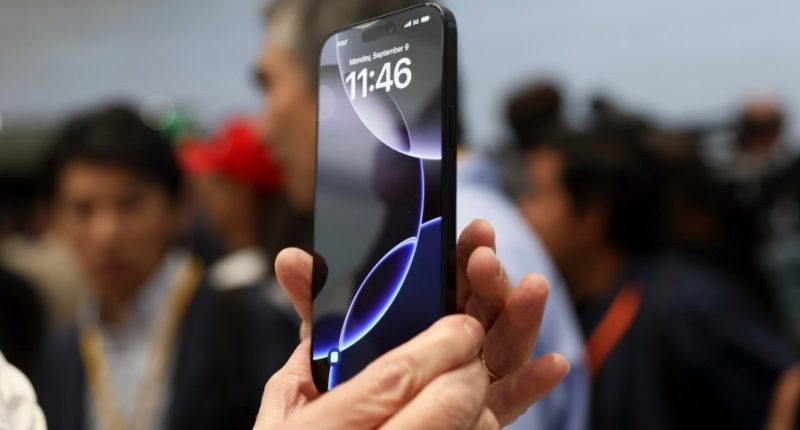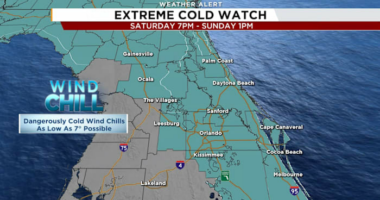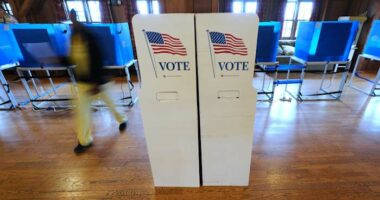Share this @internewscast.com

WASHINGTON (AP) — On Friday, President Donald Trump issued a threat to impose a 50% tax on all imports from the European Union and a 25% tariff on Apple products unless iPhones are manufactured in America.
These threats, announced via social media, illustrate Trump’s capability to affect the global economy significantly with mere keystrokes. It also underscores the fact that his tariffs have not yet resulted in the substantial trade deals he hopes for, nor the revival of domestic manufacturing he promised the electorate.
The Republican president expressed a desire to levy higher import taxes on EU goods, a traditional US ally, as compared to China, a geopolitical competitor, whose tariffs were recently reduced to 30% to facilitate trade discussions between Washington and Beijing. Trump is frustrated by the stagnation in trade negotiations with the EU, which has held firm on eliminating tariffs altogether, despite the president’s public insistence on maintaining a standard 10% tax on most imports.
“Our discussions with them are going nowhere!” Trump posted on Truth Social. “Therefore, I am recommending a straight 50% Tariff on the European Union, starting on June 1, 2025. There is no Tariff if the product is built or manufactured in the United States.”
That post had been preceded by a threat of import taxes against Apple. Apple now joins Amazon, Walmart and other major U.S. companies in the White House’s crosshairs as they try to respond to the uncertainty and inflationary pressures unleashed by his tariffs.
“I have long ago informed Tim Cook of Apple that I expect their iPhone’s that will be sold in the United States of America will be manufactured and built in the United States, not India, or anyplace else,” Trump wrote. “If that is not the case, a Tariff of at least 25% must be paid by Apple to the U.S.”
In response to Trump’s tariffs on China, Apple and CEO Tim Cook were looking to shift iPhone manufacturing to India as the company adjusts supply chains. That plan has become a source of frustration for Trump, who also brought it up last week during his Middle East trip.
Stock futures sold off after Trump’s postings.











